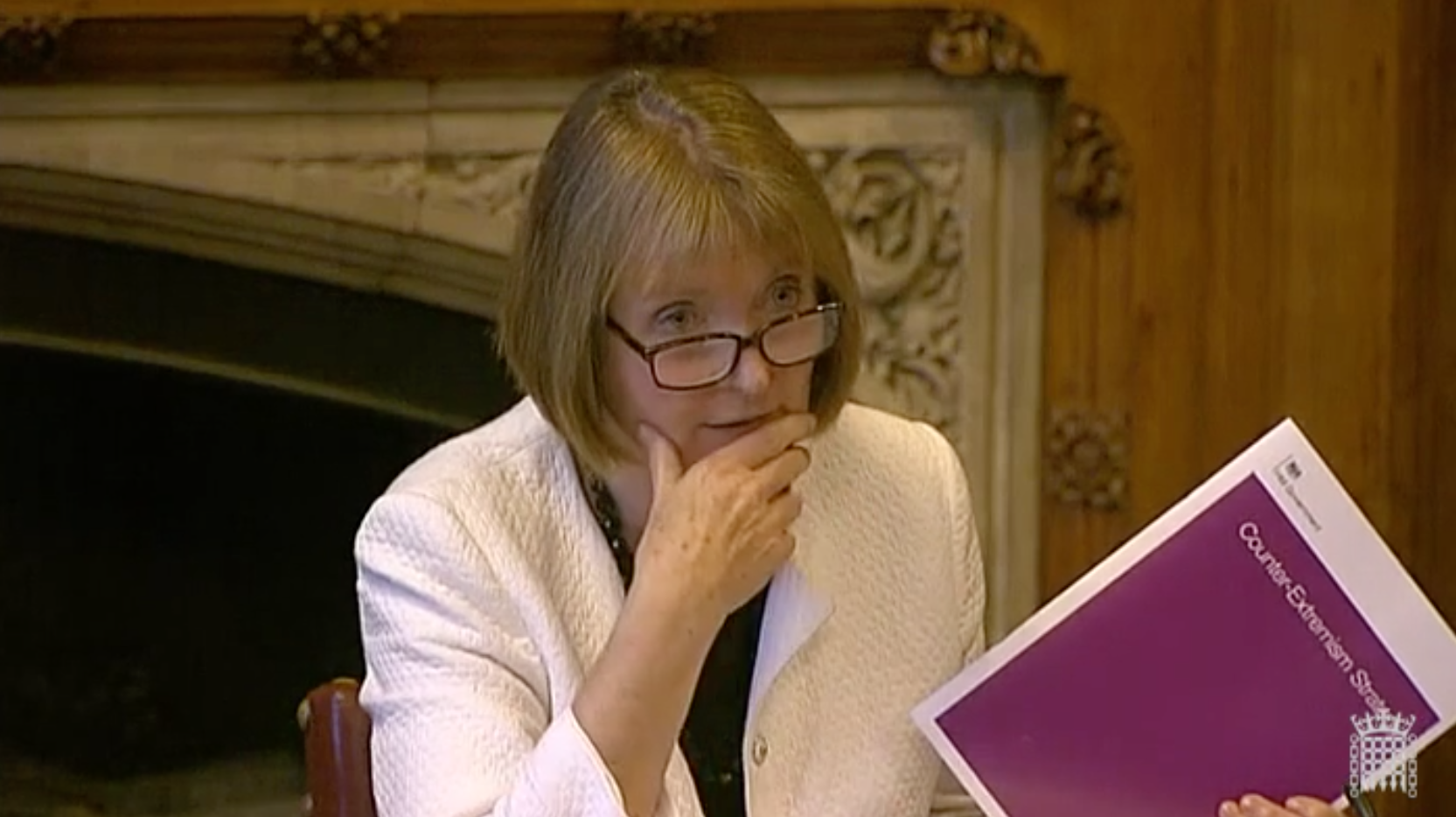A Parliamentary Committee – the Joint Committee on Human Rights (JCHR) – has just released a new report on Counter-Extremism. It had loads to say about the human rights issues that have sprung up in the midst of attempts to fight extremist violence.
Firstly – what even is the JCHR?
The JCHR is a Parliamentary Committee of 12 members from both the House of Commons and the House of Lords (currently 6 Conservatives, 4 from Labour, 1 Liberal Democrat and 1 Crossbencher). Its job is to scrutinize proposed new laws to check they are compatible with human rights.
Why did they write this report?
In the Queen’s Speech of May 2015, the Government announced it would be introducing a new Bill on extremism. It subsequently launched a Counter-Extremism Strategy in October 2015. This was not a draft Bill, but it outlined the new powers the government planned to create at some point. These proposals sat alongside the government’s longstanding Prevent Strategy.
When no draft Bill had appeared by February 2016, the JCHR decided to check whether the Government’s proposals would be compatible with human rights using the information from the October 2015 strategy outline, and evidence submitted by other organisations.
What did the report say?

1. Religious conservatism in itself does not correlate with support for violent jihadism
The JCHR says it is not proven that religious conservatism correlates with support for violent jihadism. However they believe the government’s proposals “rest on the assumption that there is an escalator that starts with religious conservatism and ends with support for violent jihadism”.
2. The government has no clear definition of ‘extremism’
In the October 2015 Counter-Extremism Strategy, the Government defined extremism as “the vocal or active opposition to our fundamental values, including democracy, the rule of law, individual liberty and the mutual respect and tolerance of different faiths and beliefs”. The JCHR says this is too general. For example, some would say it is right to be intolerant if certain religious beliefs are used to justify homophobia or the subservience of women.
What then is extremist: homophobic and misogynist beliefs, or others’ intolerance of those beliefs? Or neither? Or both? And because there is no clear definition of extremism, the JCHR questioned whether we can be clear on the legal powers needed to combat it.
3. It would be very difficult for the new law not to be discriminatory

Either the law will focus on Muslims, in which case it will be seen to discriminate against Muslims. Or the law would operate indiscrimately and could be used against any conservative religious group.
4. We must not alienate Muslim communities
The JCHR urged the Government to have a long period of consultation with relevant groups when drafting the new laws. Otherwise the proposed laws risk undermining relations between the authorities and Muslim communities: “the most precious asset in the fight against ISIL (Islamic State of Iraq and the Levant)/Daesh inspired terrorism”.
5. Right-wing extremism should be included
There has been a huge escalation of racist and homophobic incidents since the EU Referendum on 23 June. The JCHR recommends that any laws required to combat these should be included in the bill (now called the Counter-Extremism and Safeguarding Bill).
What does this mean for Human Rights in the UK?

The JCHR’s report makes it clear that the Government needs to find a way of protecting the public whilst also respecting everyone’s right to freedom of religion, freedom from discrimination, and freedom of speech.
This may sound like an impossible task, but these are the values at the core of the “individual liberty” and “the mutual respect and tolerance of different faiths and beliefs” that the Government has put in its definition of what extremism opposes. We must not end up opposing them too.
Learn more about freedom of religion, freedom of speech and freedom from discrimination with our infographic posters and our other religion, speech and equality resources.







